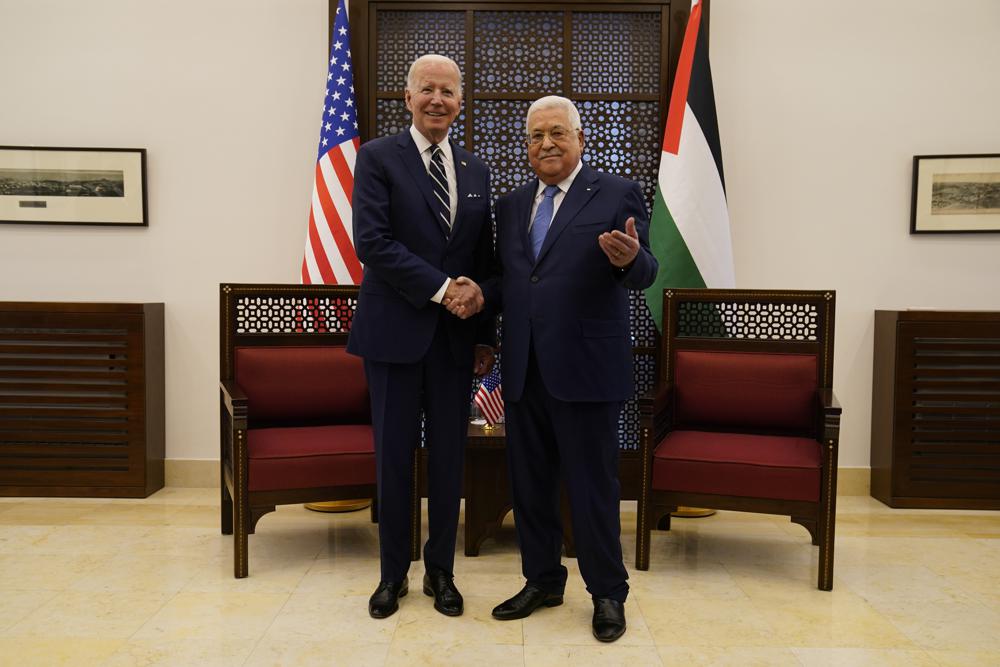
Biden in Palestine: Is Health a Path to Statehood?
|
الاستماع للمقال صوتياً
|
Written by Marah Al Bukai
Editor’s Message
American decision-maker enjoys a system of “Checks and Balances”, in which the federal government revises the decisions of successive administrations whenever higher national interests are at stake. The US government aims to correct the path whenever it encounters an imbalance or deviation to protect American national security.
President Joe Biden did not deviate from this approach. As a veteran politician, he has spent half a century pacticing and examining American policies in the leadership positions he occupied in previous administrations, whether they turned to be led by the Republican or Democratic parties.
Thus, Biden announced lately, from the Israeli capital, Tel Aviv, that his administration made a mistake by withdrawing from the Middle East, leaving a vacuum to be filled by Russia and China. Accordingly, he stated, “We are going back today to the Middle East and correcting this mistake.”
Biden’s statement came shortly before his departure with his American delegation accompanying him to the city of Bethlehem to meet with Palestinian President Mahmoud Abbas. Following this, he left for Tel Aviv making his way to visit Saudi Arabia with the aim of healing the division between the two capitals, Washington and Riyadh.
In his last stop on the Palestinian territories, Biden announced a US contribution of $100 million to support hospitals in East Jerusalem. This deposit would be the most prominent achievement of Biden’s visit to the Palestinian Authority, along with his confirmation in Tel Aviv of a two-state solution for Palestine and Israel. To ensure stability, prosperity, and lasting peace for the Palestinian and Israeli peoples at the same time, he urged Israel to provide support and facilities to hospitals in East Jerusalem to pave the way for building bilateral cooperation and move toward the two-state that live next to each other in peace and security.
Furthermore, Biden promised to provide $250 million to support the United Nations Relief and Works Agency for Palestinian Refugees (UNRWA) to provide services for tens of thousands of Palestinians living in refugee camps. The UN had faced an unprecedented financial crisis and was close to fiscal collapse late last year as a result of the decision of the former US President, Donald Trump, to stop American funding for the organization completely.
After his visit with Palestinian authority, Biden arrives in Saudi Arabia, landing directly from Tel Aviv, opening the airspace between the two countries for the first time. As a result, Biden tried to pave the road of a potential normalization between the Saudi and Israeli governments, building off of the peace initiatives announced by the Saudi government in 2004.
President Biden’s messages on his auspicious and controversial return to the MENA region are very clear, especially with the principle of a two-state solution. However, the necessary mechanisms to proceed with this process are unclear, unless Biden considers the best method to build an independent and sovereign Palestinian state comes from a sustainable healthcare system, instead of the relevant political institutions concerned, which explains his visit to the Augusta Victoria Hospital in East Jerusalem.
Translated and Edited by Husam Ramadan
